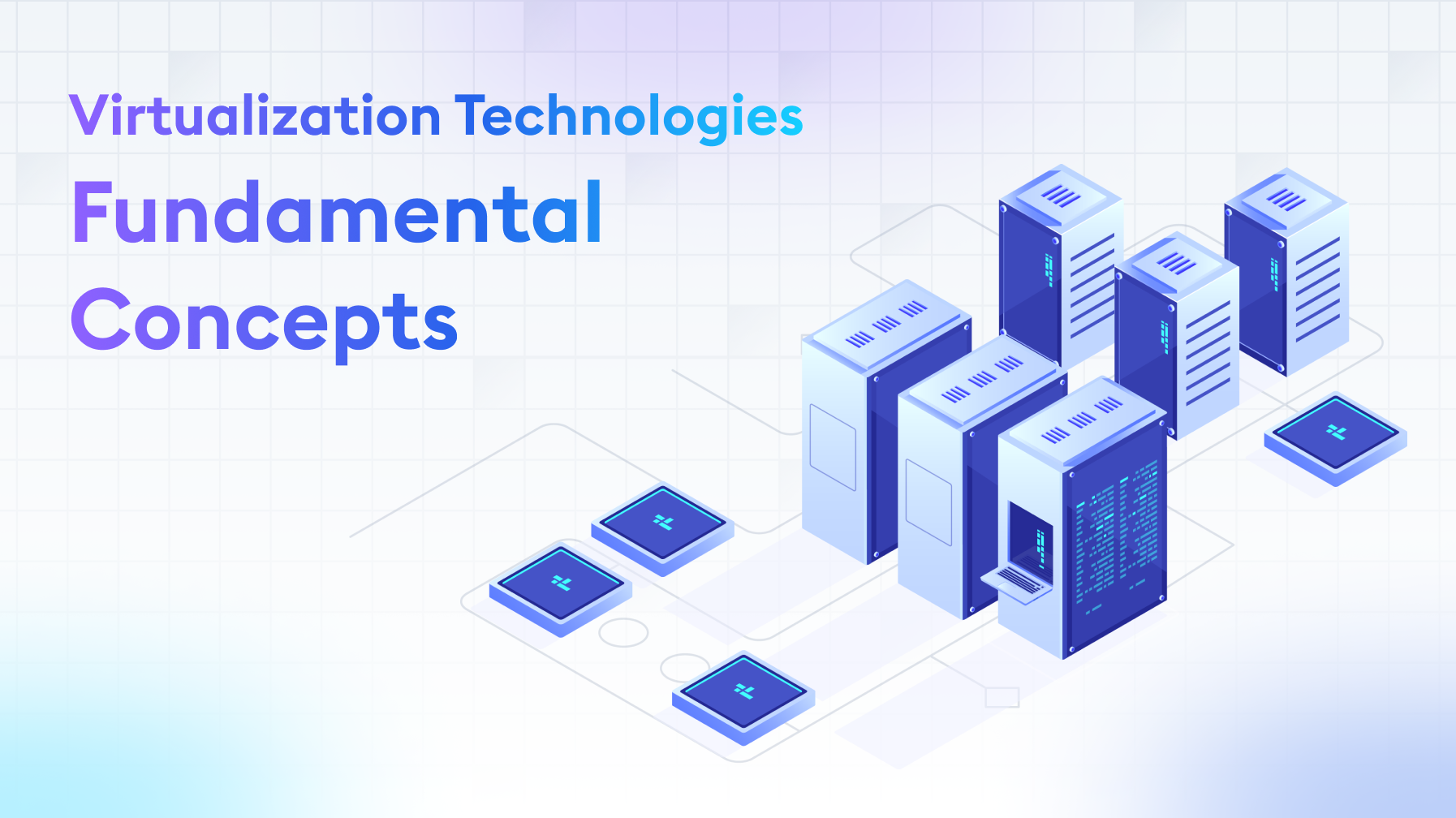Articles

Virtualization Technologies: Fundamental Concepts
Virtualization Technologies
06/09/2023 16:09
Serhat P.
3 min. reading
In the ever-evolving landscape of IT, virtualization technologies stand as monumental achievements. They've revolutionized the way businesses deploy, manage, and scale applications. But for those new to the concept, the array of terminology and practices can be a tad overwhelming. In this article, we'll break down the fundamental concepts of virtualization technologies, ensuring you grasp its significance and applications. If you're looking to incorporate these technologies, understanding these core principles is crucial.
What is Virtualization?
At its essence, virtualization involves creating a virtual version of something physical, such as a server, storage device, or network. This abstraction allows for multiple operating systems and applications to run on a single physical machine, maximizing resource utilization and flexibility.
Types of Virtualization
- Server Virtualization: This is perhaps the most popular form of virtualization. It allows multiple virtual machines (VMs) with different operating systems to run on a single physical server. Each VM operates as though it's a separate server.
- Network Virtualization: Here, the available resources in a network are split into independent channels that can be assigned to servers and devices in real-time. This boosts efficiency and scalability.
- Storage Virtualization: This aggregates physical storage from multiple devices into a single storage pool, which can then be managed from a central console. This simplifies storage management and improves scalability.
- Desktop Virtualization: This involves hosting a desktop OS on a virtual machine situated on a central server. It's especially handy for managing and maintaining a large number of PCs in a consistent state.
Benefits of Virtualization
- Resource Optimization: Virtualization ensures that you get the most out of your hardware, reducing wasted resources.
- Cost Savings: By consolidating servers and optimizing hardware use, businesses can save significantly on equipment and energy costs.
- Flexibility and Scalability: It becomes incredibly straightforward to deploy, manage, and scale applications across the infrastructure.
- Enhanced Disaster Recovery: Virtualized environments can be backed up or migrated more quickly than their physical counterparts.
- Isolation and Security: Each virtual machine operates in isolation, ensuring that if one VM goes down, it doesn’t affect the others.
Key Virtualization Players
Prominent players in the virtualization market include VMware, Microsoft (Hyper-V), and Oracle. Each offers a suite of tools tailored to various virtualization needs. For businesses aiming to adopt virtualization, it's essential to pick a solution that aligns with their specific requirements.
Conclusion
Virtualization technologies have indelibly changed the IT landscape, offering unmatched flexibility, cost savings, and optimization. As businesses continuously strive for efficiency and agility, understanding and implementing these technologies becomes imperative. If you're considering adopting virtualization or need expert guidance in navigating its intricacies,  makdos.tech offers spe cialized services to assist in every step of your virtualization journey.
makdos.tech offers spe cialized services to assist in every step of your virtualization journey.
